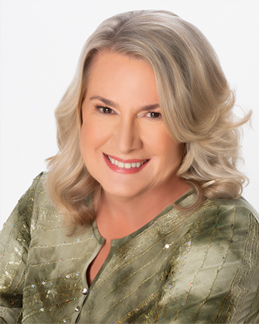I was a determined single mom, and aware that my life was unmanageable. Now I was seeking help, guidance and support. My normal approach to life was one of self-reliance. I needed, in my perspective to do things for myself. I stepped out of my comfort zone by becoming vulnerable and going to support group meetings and asking for help. My tendency to be overly responsible and needing to be in control was demonstrated by my perfectionist attention to the details of my life.
I found myself in an extremely challenging situation, divorcing my husband and father of my two very young children, (he was very threatening and violent) simultaneously my mother was dying of cancer, and I was experiencing full blown post-traumatic stress symptoms including flashbacks, body memories, anxiety, fear and physical pain, from the violent acts of abuse from my childhood, that up to now I had forgotten. I contacted some safe family members to let them know what was going on. I attended support group meetings several times a week. I found a therapist and began group therapy. I read everything I could get my hands on that related to the things I was going through, for example, addiction and how it affects the family, child sexual abuse for adult survivors, healing methods, spiritual books, adult children of alcoholics and I attended workshops and lectures. Persistence and prayer got me through. Patience and trusting the process of healing is how I overcame the negative effects of these life challenges. I used writing, art and exercise to help me express my pain. The creative process is always available to us.
It is important to the wellbeing of the survivor that the close family members get support and professional assistance for themselves. Recovery and healing are sometimes messy. Family members can benefit from educating themselves on the aftereffects of abuse. It is important not to blame the survivor in any way for what has been done to them. If you have any guilty feelings for not having protected the survivor. It is best to address those feelings with a trained therapist. Ask the survivor periodically what you can do, but don’t push.

